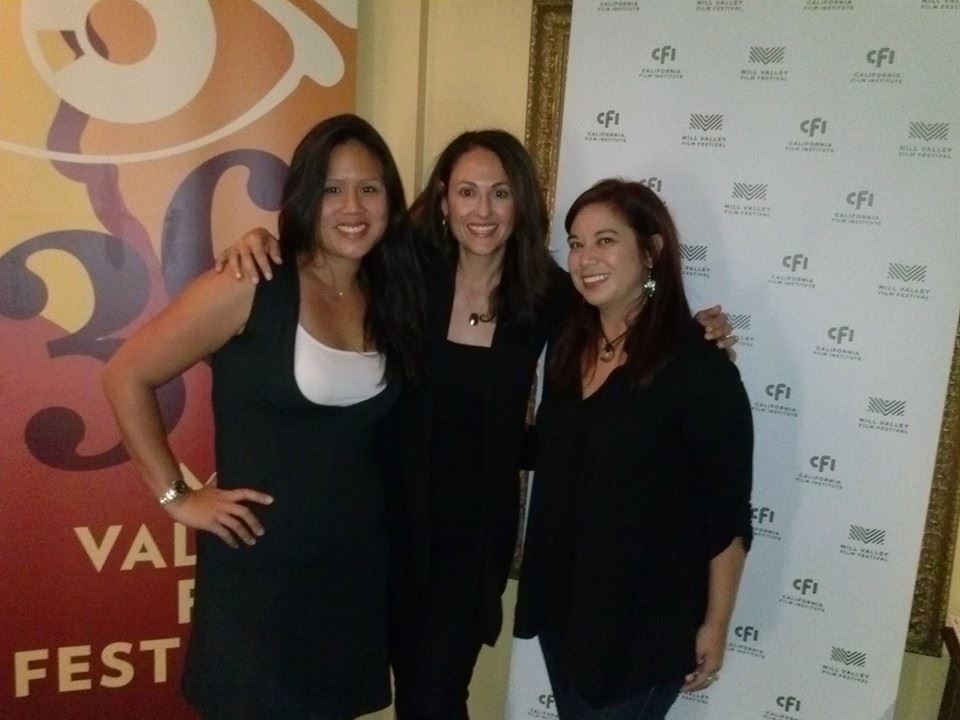A Letter to Matt by Francesca Caparas

Dear Matt,
I still remember when I first heard about what happened to you. I was in AP English class and our teacher, Ms. Hamblin, told us what those two men had done. At that time you were still in critical condition; it wasn't until the following week that Ms. Hamblin told us you had died. We had been reading Rosencrantz and Guildenstern Are Dead that week, and the news of your death struck me as equally surreal. To live in a world where something so brutal could happen: how did life become so irrational, so absurd?
Since your death, many stories have been told about you by different people. The people who knew you very well—your mom, Michele, Nikki, Zeina—have told powerful stories about you. And then there are people who did not know you but who have been moved by your story. To be sure, there are many stories that have been told and many stories left to tell. If I were to write my own story about you, I would try to include all the little details I remember.
I remember the way the saliva gathered at the corners of your mouth when you talked. I remember the big Doc Marten boots you used to wear that made your legs look even skinnier than they were. (Of course, it was the 90's so everyone was wearing Doc Marten boots then.) I remember the time you tried to surprise our friend, Nikki, and I totally ruined it by giving it away. You got so angry at me, and I remember how you stomped your big Doc Martened foot as a sign of your frustration. I never got a chance to apologize; I didn't even know how big of a surprise I had ruined. I didn't know that you had left school a few weeks prior because you had been through your own personal hell. I didn't know that you had just gotten back to school that day and this was the first time Nikki was going to see you. When you covered Nikki's eyes and told me not to tell her it was you, I quickly blurted out your name. I was a rebellious teenager and in my ignorance I thought it would be funny to give you away. But when I saw the way Nikki's face lit up at the sound of your name, I realized this had been no ordinary surprise. She looked as if she had just witnessed a miracle, and I had stupidly robbed it of some of its magic. I've always regretted my actions that day because years later you went through another hell, but this time you didn't come back. I never had a chance to redeem myself, to let you surprise Nikki again with a miraculous return. I've always wanted to say I'm sorry for ruining that first surprise. Maybe that's why I'm writing a letter, rather than a story.
I could have written a story, but this letter is how I choose to keep your memory alive. However, even though this letter is addressed to you, I should be honest and tell you that I'm not writing it entirely for you. I'm writing it for my students, too, and I hope you don't mind if I share it with them. Yes, I'm a teacher now. In the years since you've passed—years filled with facts and fictions and memorials and laws, all in your honor—I've gone to school, become a teacher, and now I teach my own English classes. My classes focus on social justice, and what surprises me every year is how fewer and fewer students have actually heard your story. When we discuss civil rights, often my students have little knowledge of the actual people who sacrificed their lives, sometimes unwillingly like yourself, in order to secure rights for others. That's what made me realize I needed to write this letter. I saw your story slipping out of our collective memory, and I knew I had to do something.
In my English composition classes I have my students write letters: to themselves, to me, to their relatives. I use it as a way to instill in them an awareness of their audience. Through the letter-writing process they have to envision their reader, to be conscious of what the reader knows or needs to know about the topic being discussed. So in writing this letter, I have had to envision you. I've had to draw from the things we shared, the things we knew about each other, and the things we might still teach each other. And in choosing the words to fill that space between what we know and what we still want to share with each other, I feel like I might have found something that had been slowly slipping away.
Writing a letter means being part of a conversation, and I'm keeping your memory alive by having this conversation with it. This is what I'll teach my students when I show them this letter. Then I'll encourage them to maintain their own dialogue with your memory. I want your story to be part of their story. I want them to know you and remember you so that one day when they are writing a letter to someone who has changed their lives, then maybe...maybe, they'll think about that time in English class when they heard about what happened to Matt Shepard.
Wishing you a peaceful rest,
Chesa


Leave a comment